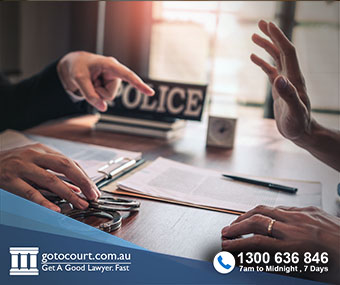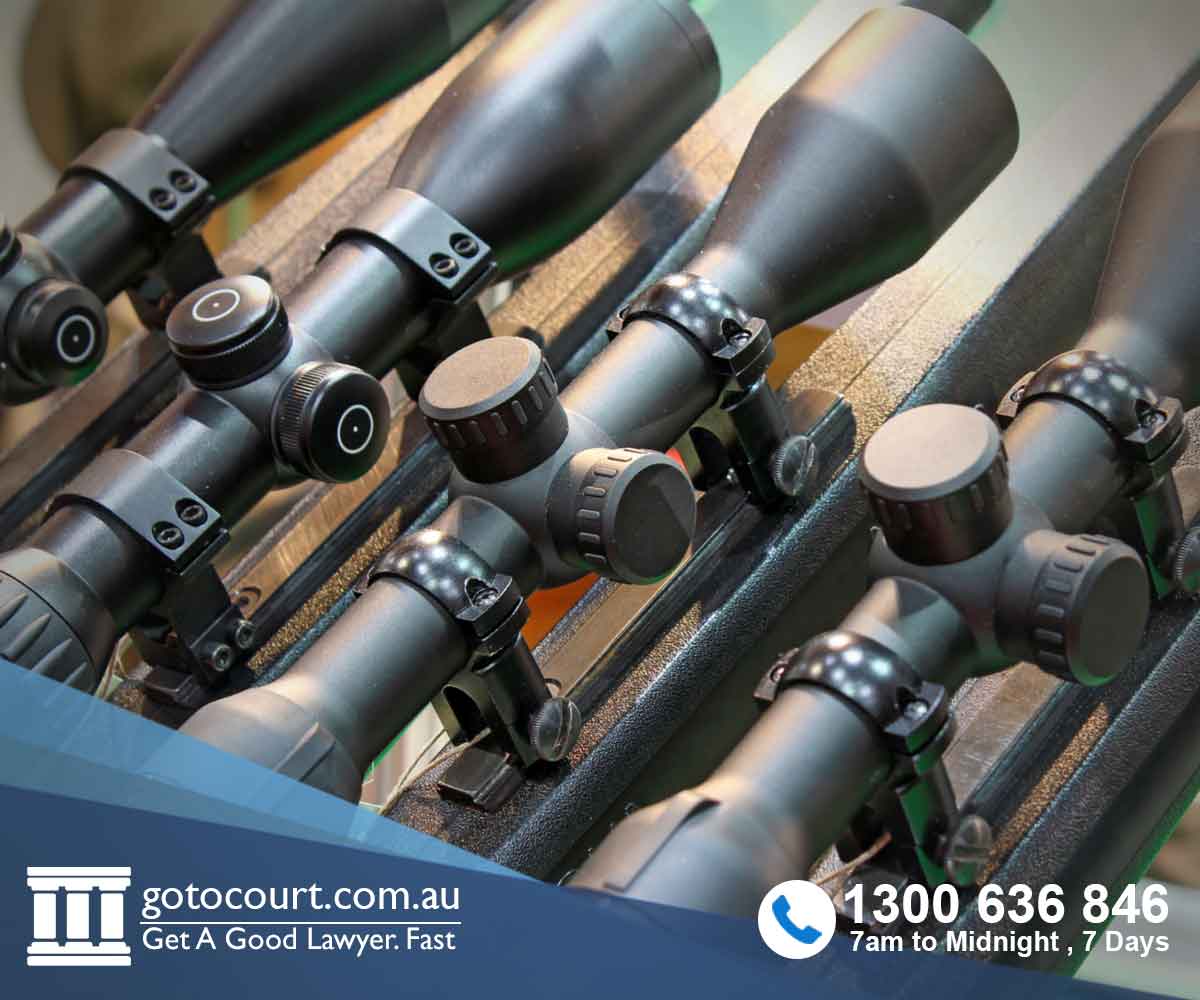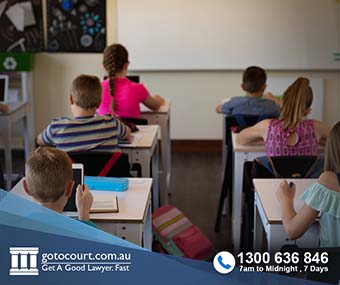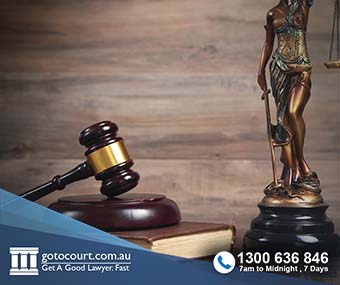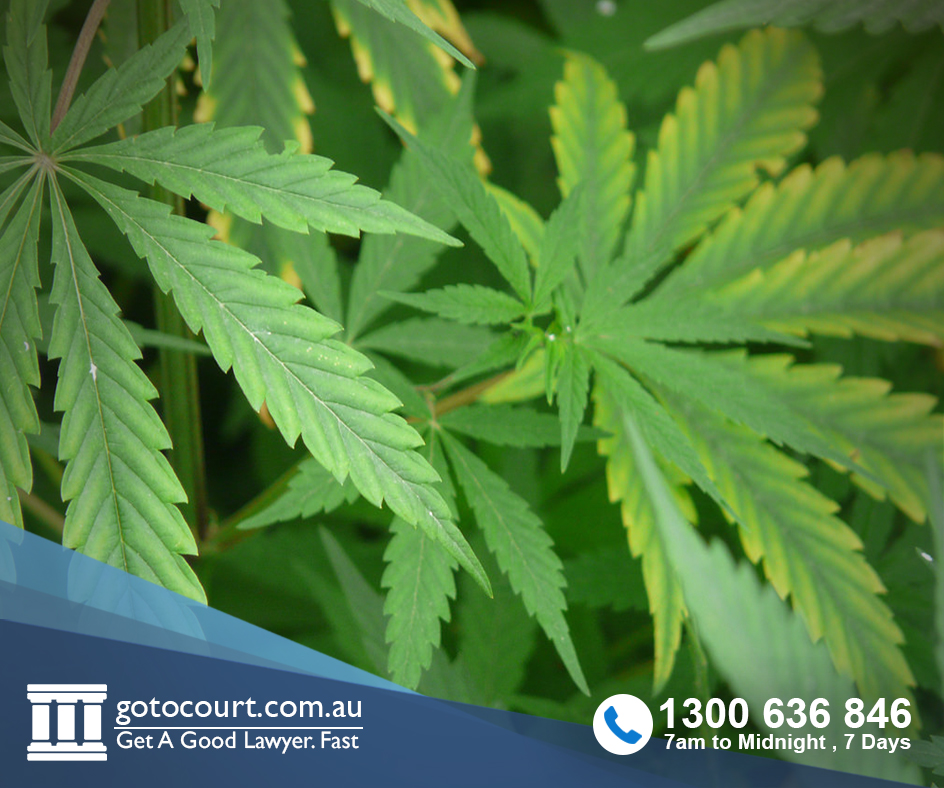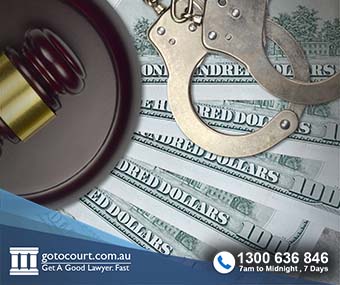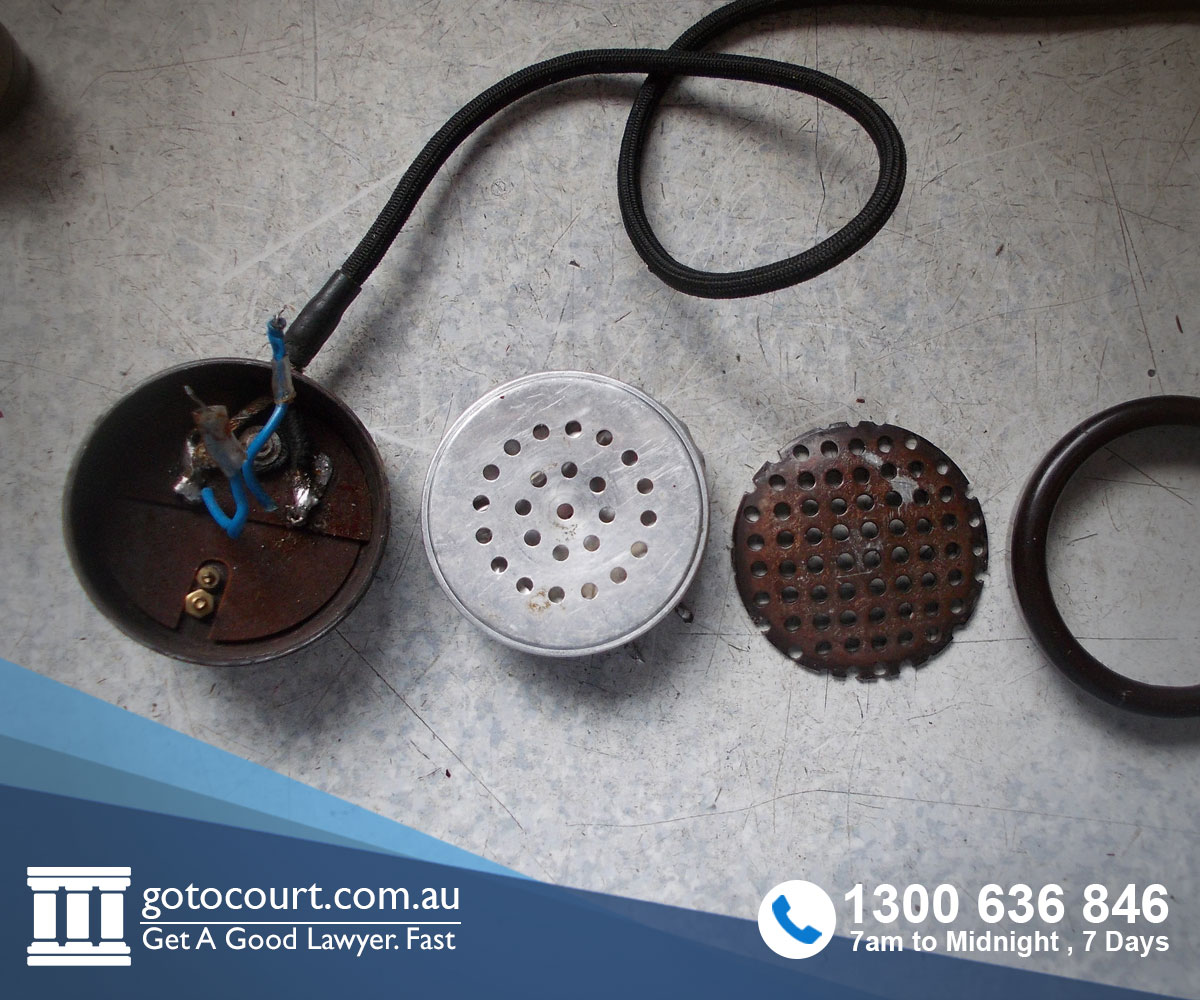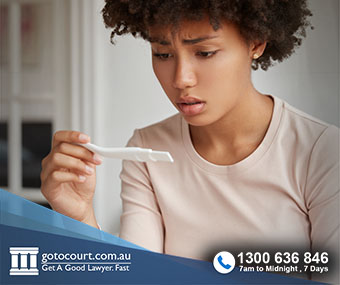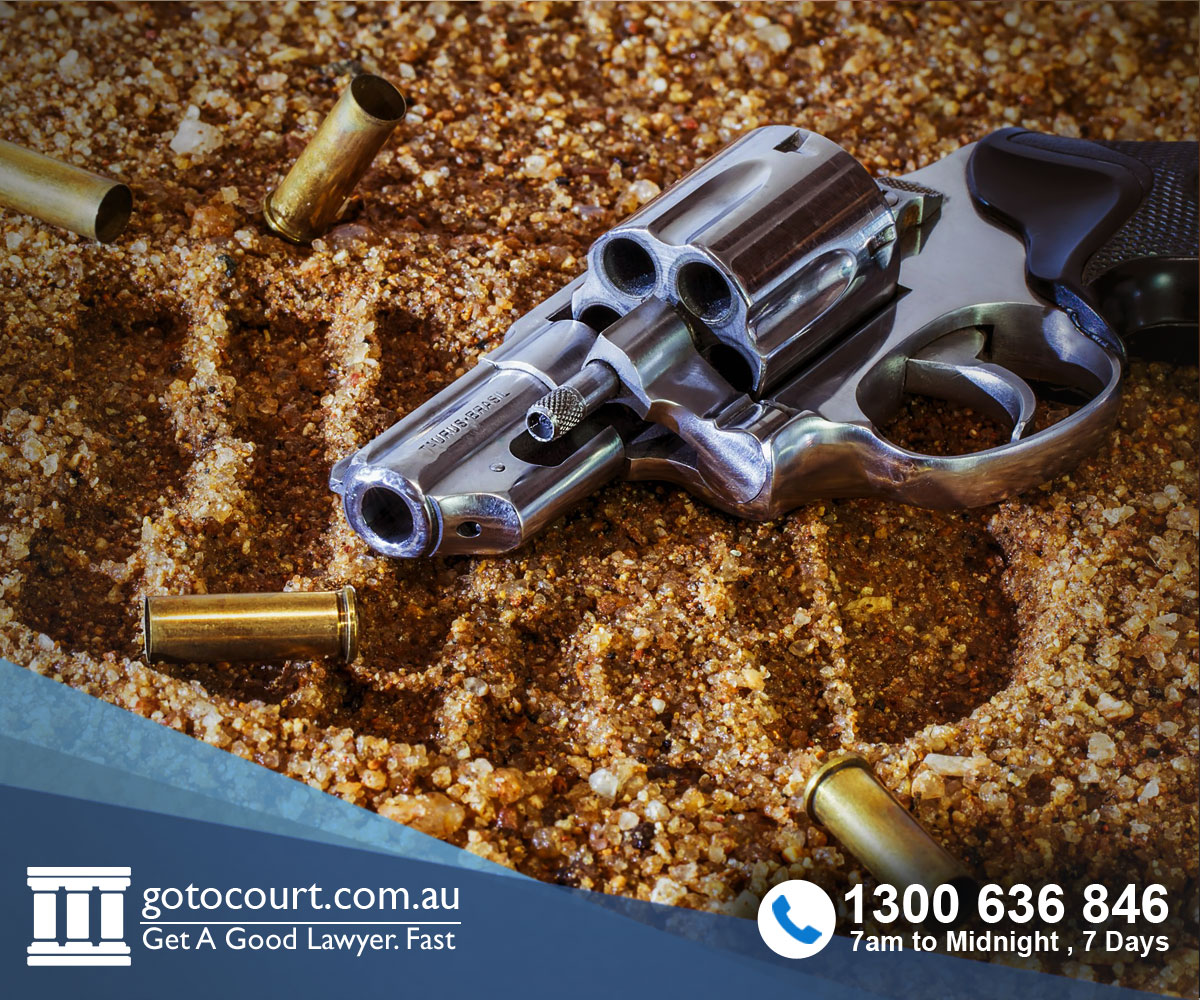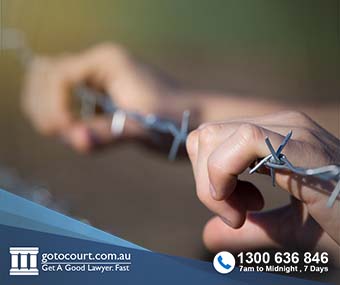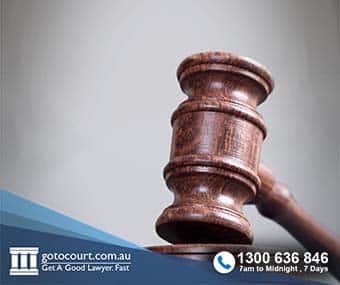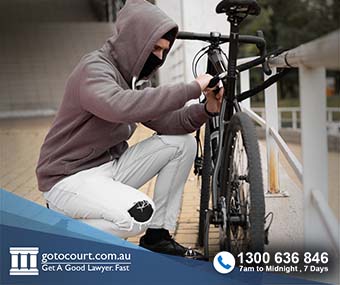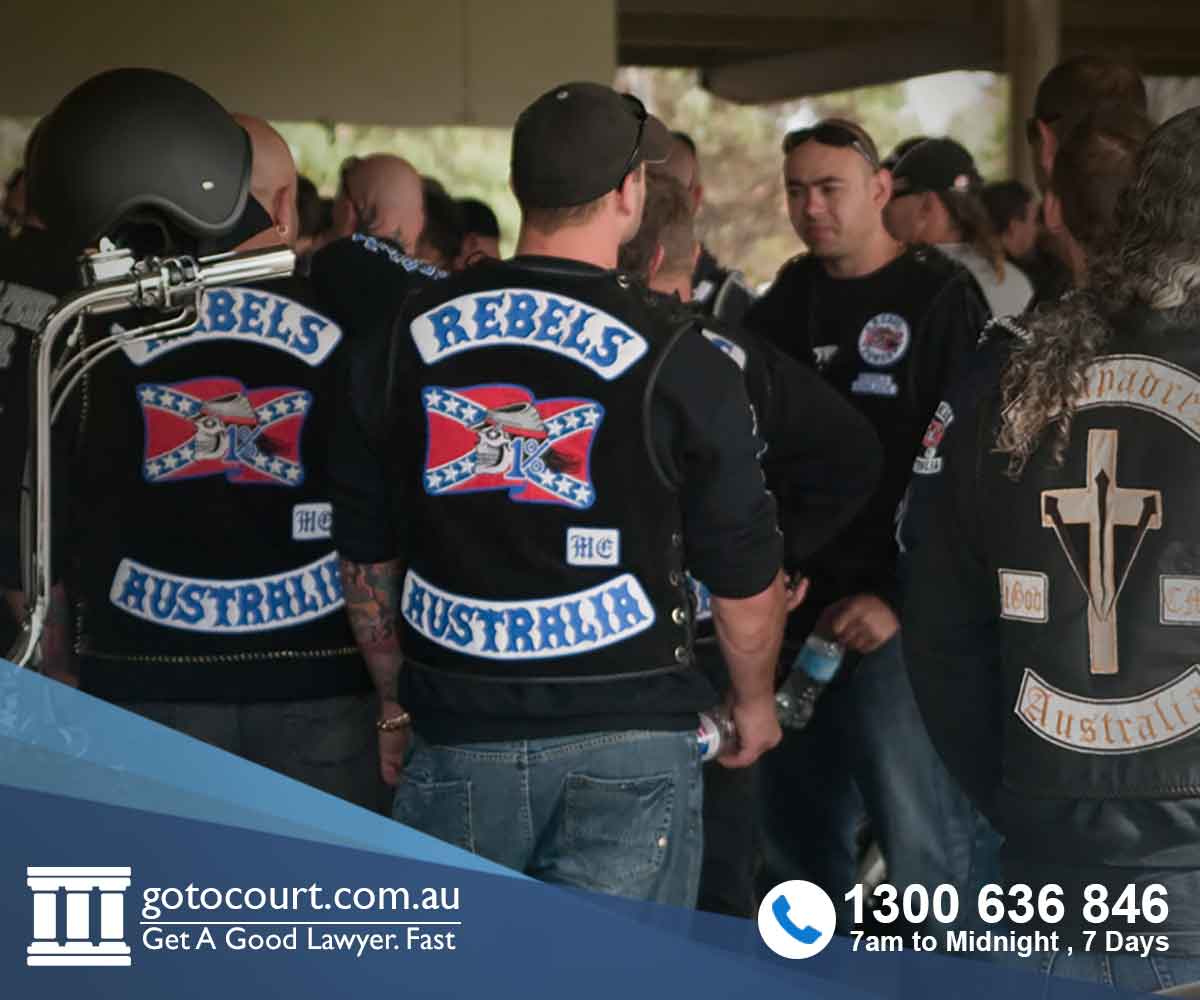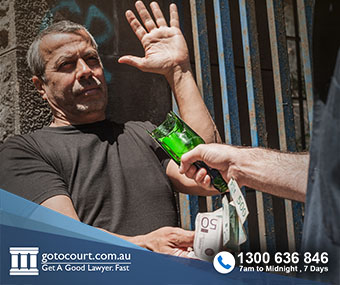Call our lawyers
now
or,
have our lawyers
call you
The Offence of Arson (Qld)
Updated on Nov 08, 2022 • 4 min read • 533 views • Copy Link
The Offence of Arson (Qld)
The offence of arson is governed by Section 461 of the Queensland Criminal Code, which provides:
Any person who willfully and unlawfully sets fire to:
- A building or structure;
- A motor vehicle, train, aircraft or vessel;
- Any stack of cultivated vegetable produce, or of mineral or vegetable fuel;
- A mine, or the workings, fittings, or appliances of a mine;
is guilty of a crime and is liable to imprisonment for life.
An example of an offence of arson is deliberately lighting a fire in a building to cause damage.
What must the prosecution prove?
For the prosecution to prove that the offence of arson was committed, they must prove that the accused
Set fire to property
For this element to be satisfied, there must be an actual fire. Mere scorching or charring is not sufficient. In the case of R v Joinbee [2013] QCA 246 it was held that the expression “‘sets fire to’ refers to conduct which causes the building to be set on fire. It is not limited to conduct involving physically igniting the building.
Did so wilfully
That is, the accused either had an actual intention to set fire to a property or deliberately did an act aware at the time they did it, that the property’s catching fire was a likely consequence of their actions and that they did the act regardless of the risk;
Did so unlawfully
An act which causes injury to the property of another, and which is done without the owner’s consent, is unlawful unless it is authorised or justified or excused by law.
Defences to the offence of arson
There are several defences available to a charge of arson.
Intention
One defence is that the offender did not have the requisite intent. In the case of R v Buckley [1982], it was held that arson is an offence involving a specific intention to cause a specific result.
In the case of R v Lockwood, ex parte Attorney-General [1981] Qd R 209 it was held that for an act to be done wilfully by a person within the meaning of Section 461 of the Criminal Code, it had to be done intentionally or recklessly.
Lawful excuse
Another possible legal defence may be that the accused had a lawful reason to start a fire, such as lighting a fire for agricultural purposes, as a campfire or for fire-fighting training.
Mental impairment
Another legal defence to arson is mental impairment. If the accused was mentally impaired to the point of not being capable of understanding the nature of their conduct or not being able to understand that their conduct was wrong, he or she will be found not guilty. Examples of mental impairment are a severe mental illness or intellectual disability.
Immature age
If a person is below the age of ten they cannot be held criminally responsible in any Australian jurisdiction.
Identity
A factual defence that can be argued to the offence of arson is identity. This is the argument that the prosecution have not proven beyond a reasonable doubt that the accused is the person who committed the offence.
Sentencing for the offence of arson
Arson is a serious criminal offence and one that is likely to incur a term of imprisonment. However, if there are mitigating factors, these can be used by the defence to argue against a custodial sentence. These include a persons’ age, good character, absence of criminal history or like offences and reputation within the community.
In determining the sentence that should be imposed in any criminal matter, the court takes into consideration all the circumstances of the offending and of the offender. It is a well-established principle of sentencing that imprisonment is a sentence of last resort and should not be imposed unless no other sentencing order is appropriate.
If you require legal advice or representation in a criminal matter or in any other legal matter please contact Go To Court Lawyers.


Affordable Lawyers
Our Go To Court Lawyers will assist you in all areas of law. We specialise in providing legal advice urgently – at the time when you need it most. If you need a lawyer right now, today, we can help you – no matter where you are in Australia.How It Works








1. You speak directly to a lawyer
When you call the Go To Court Legal Hotline, you will be connected directly to a lawyer, every time.


2. Get your legal situation assessed
We determine the best way forward in your legal matter, free of charge. If you want to go ahead and book a face-to-face appointment, we will connect you with a specialist in your local area.


3. We arrange everything as needed
If you want to go ahead and book a fact-to-face appointment, we will connect you with a specialist in your local area no matter where you are and even at very short notice.

